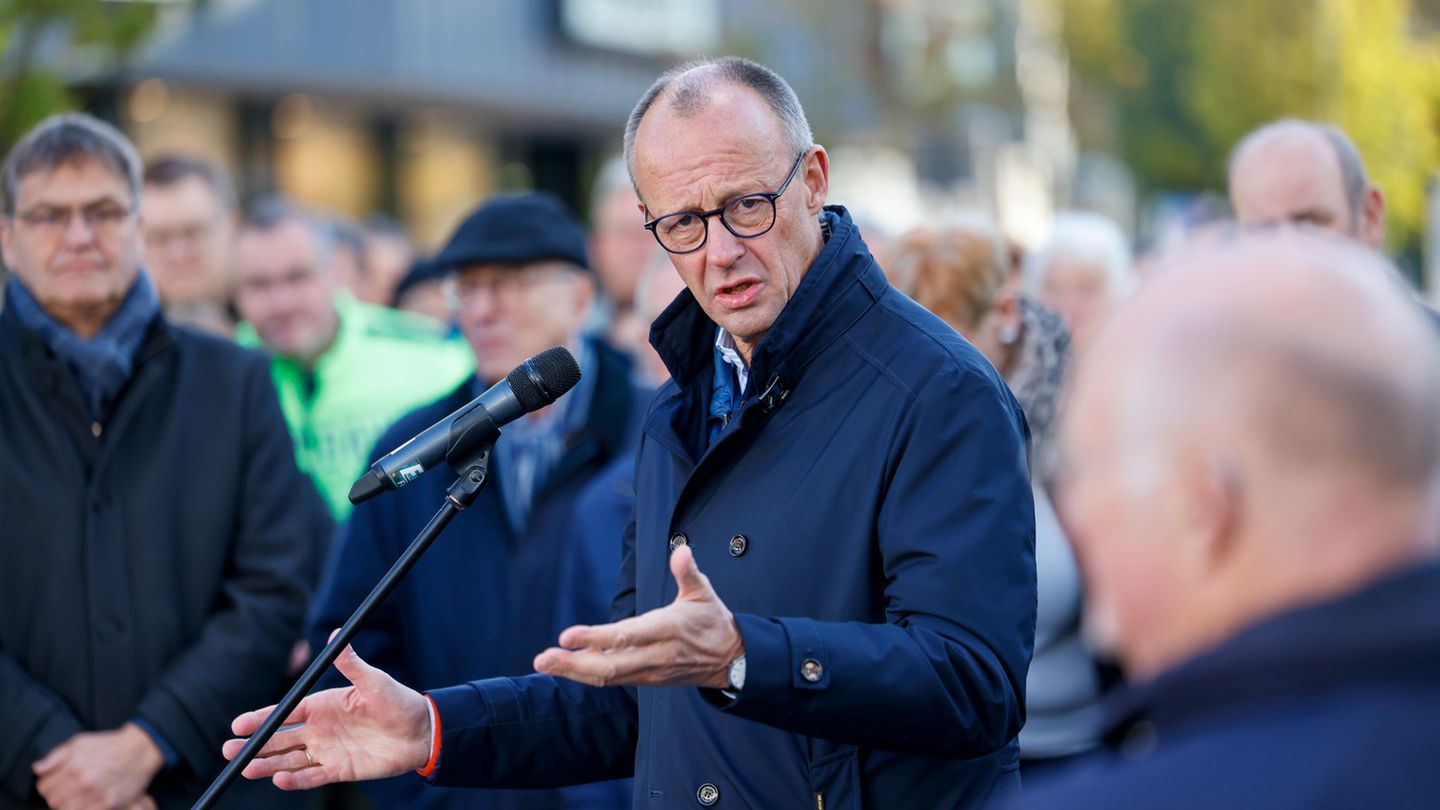Many dioceses have conducted studies to determine the extent of sexualised violence and abuse in their parishes. Now the Ruhr Diocese is one of the youngest in Germany.
So far, 423 cases of sexual abuse have been reported in the Ruhr Diocese, mainly by priests and religious. The number is significantly higher than previously known. The diocese announced this when presenting an independent study by the Munich institute IPP on abuse in the Ruhr diocese.
The diocese speaks of 201 accused up to February 2023 – mainly priests from the Ruhr diocese and other dioceses as well as deacons and religious of different genders.
Perpetrator careers sometimes stretched over several decades, said the head of the IPP research team, Helga Dill, in Essen. 53 reports were filed, 33 convictions under church or criminal law were registered. 163 people affected have already submitted applications for recognition of their suffering, and almost 2.6 million euros have been paid out.
“As a diocese, we have to be honest: in the past there have been massive failures in our diocese administration, including active cover-ups,” said Ruhr Bishop Franz-Josef Overbeck. The diocese often did not believe the victims. This was also based on the idea “that the church and its priests should be protected first and foremost”. Even in younger years, the diocese was “all too often massively overwhelmed by these situations,” said Overbeck, who has been bishop in Essen since 2009.
The Church should reconsider the current form of priestly training
According to the study, even confirmed knowledge of sexualized violence was sometimes relocated or not responded to at all. Stories of abuse went on for years or even decades.
In the future, affected parishes should be supported in the processing and affected initiatives should receive a fixed budget for their work, the study proposes. The church should set up a network with external advice centers and strictly separate the advice given to perpetrators and those affected. In addition, the church should reconsider the previous form of priestly training and offer the clergy day-to-day supervision from outside the church.
“In the future, I will take a closer look at those affected and at the church communities,” promised Overbeck. Overall, the diocese must become more professional in dealing with the issue of sexual abuse – for example in human resources and in communication with victims and affected parishes. This year there should also be reliable rules on how the diocese can cover therapy costs and also provide “unbureaucratic help”. “I think we’re often still at the beginning,” said the Ruhr bishop.
The Ruhr diocese, founded in 1958 with around 720,000 Catholics in the Ruhr area and Sauerland, describes itself as the smallest diocese in Germany in terms of area. So far, as of 2020, 99 people across the diocese were known to have been victims of sexual abuse.
Source: Stern
I have been working in the news industry for over 6 years, first as a reporter and now as an editor. I have covered politics extensively, and my work has appeared in major newspapers and online news outlets around the world. In addition to my writing, I also contribute regularly to 24 Hours World.




